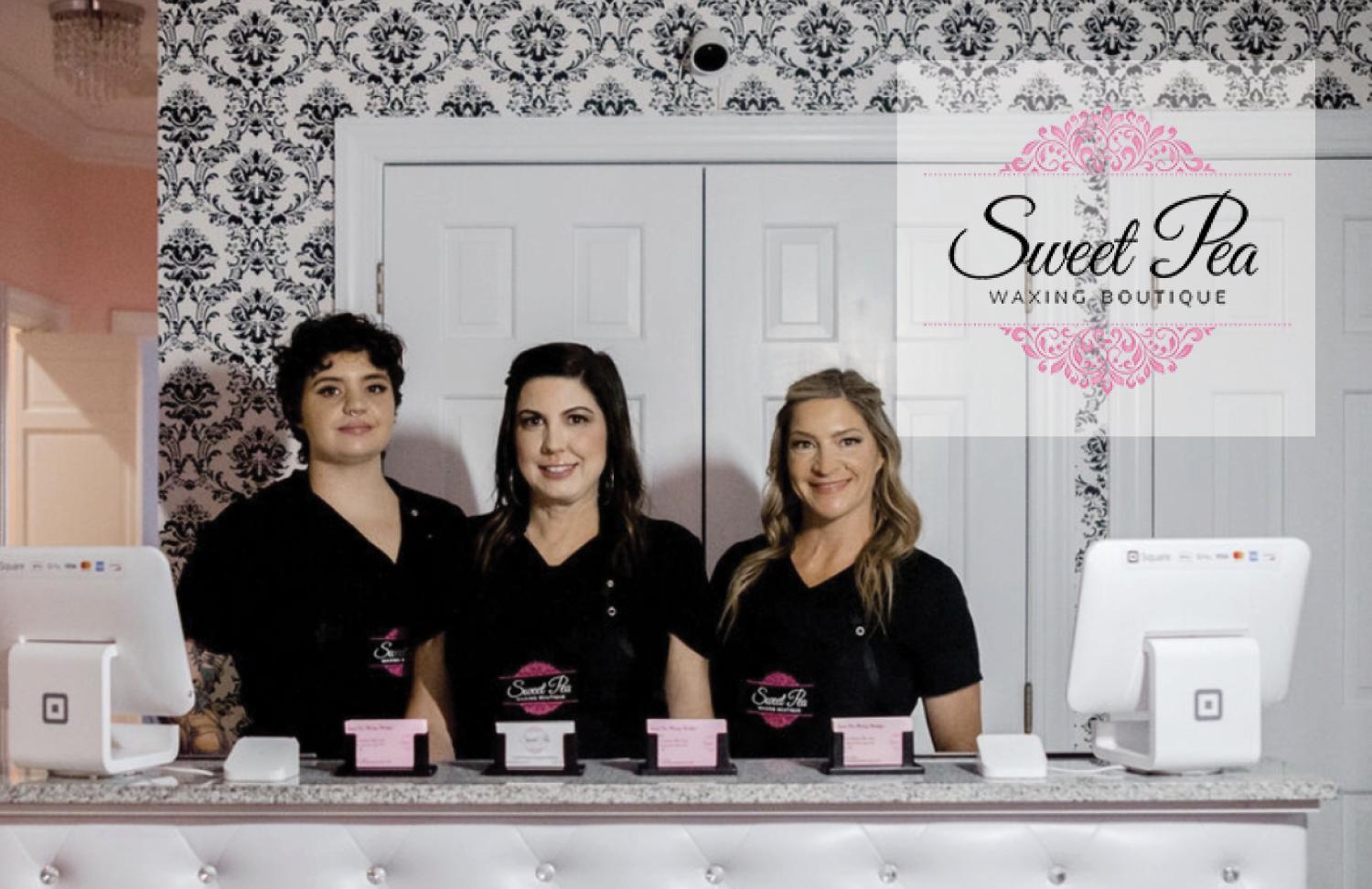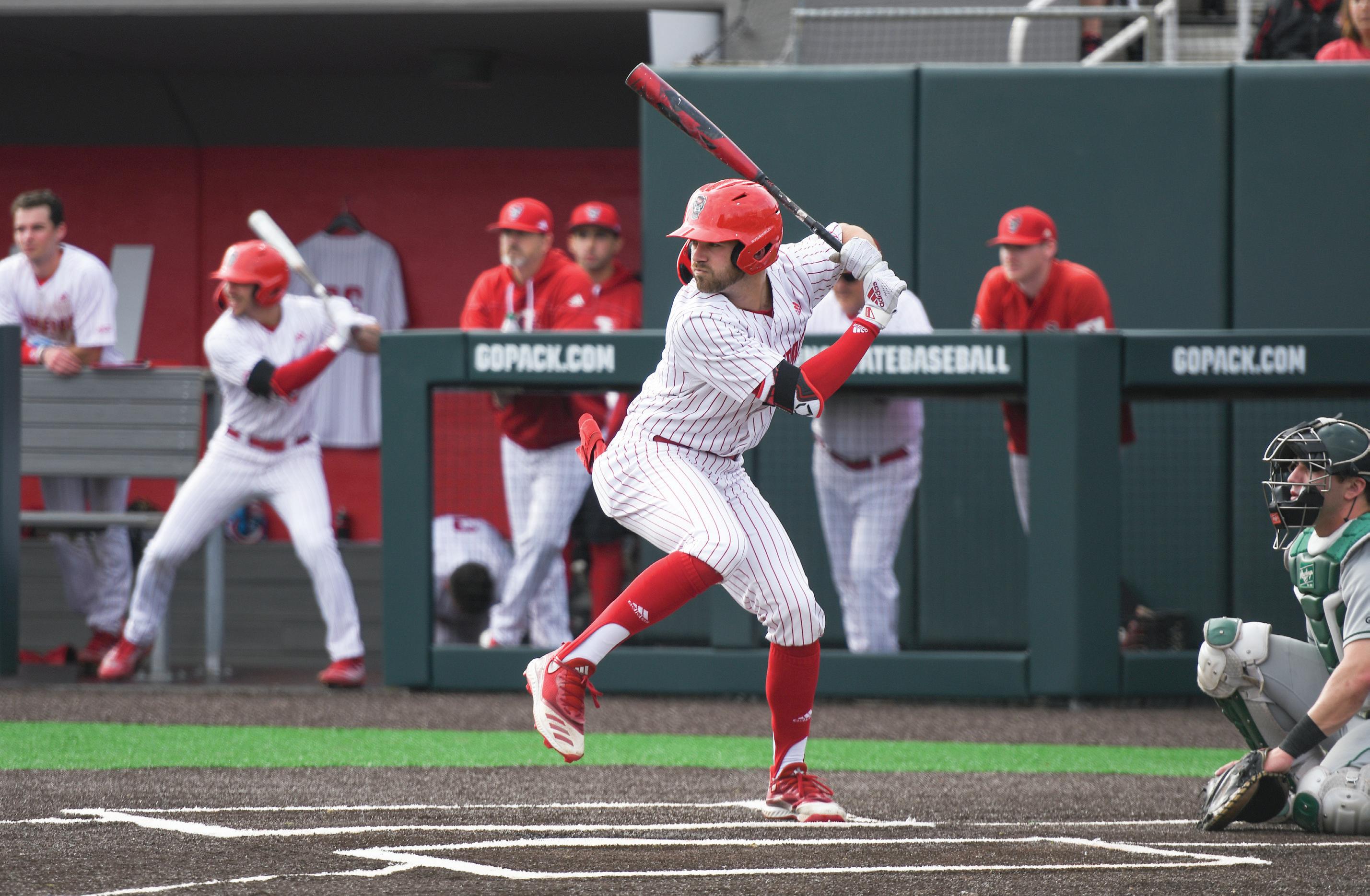
2 minute read
University Theatre’s ‘Urinetown’ offers artful satire, criticizes capitalism
NC State’s production of “Urinetown the Musical” was equal parts hysterical and dystopian. Over 100 student volunteers contributed to the production and what came out was anything but amateur. From the lighting to the set to the actors, this production was clearly a labor of love.
The musical’s narrator, and an audience favorite, Officer Lockstock, was played by Jackson Griffin, a third-year studying history. Lockstock introduced the story: citizens are living in a dystopian universe where a water shortage has given way to a monopolistic corporation, Urine Good Company. After having taken control over the toilets in town, Urine Good Company started charging its destitute citizens to pay exorbitant fees each time they relieve themselves. Those that refuse are sent to the mystical Urinetown as punishment.
Advertisement
For those that attended this weekend’s showings, Griffin’s delivery in every scene was effortlessly comedic, managing to make even the most dire reveals an occasion for laughs. Lockstock’s narration scenes were acted across from Little Sally, played by Madeline Core, a first-year studying history. This choice showed the dichotomy between the haves and have-nots: Officer Lockstock, representing those with power who carry knowledge of how the system works, and Little Sally, representing those with who’ve been exploited and are left questioning why.
Other talented individuals included nepotism baby Hope Cladwell, played by Mary Furr, a third-year studying history, and our protagonist from the slums, Bobby Strong, played by Jake Ensey, a third-year studying English. Cladwell and Strong’s romantic meeting turned into a duet that somehow gave off Gabriella and Troy vibes despite the context of corporate greed.

Despite occasional pitch issues throughout, the voices on display were incredible. Furr’s voice had a purity that fit her character perfectly. It matched beautifully with Ensey’s slightly rougher melody, which befit his character as well.
My personal favorite was Penelope Pennywise, played by Julia Robbins, a fifth-year in art studies, whose voice had incredible body and depth. Robbins showed off her massive range in an early solo of “It’s a Privilege to Pee.”
Every song was accompanied by a live orchestra placed in a 5-foot recessed pit in front of the stage. A team of just six individuals, the orchestra’s live performance elevated every performance.
Even smaller characters had a big impact. Bobby Strong’s father, played by Joshua Saffold, a second-year studying sports management, who only appeared on stage once in the first scene, comically popped up five or six more times in the audience repeating the same line while wiggling his whole body to appear like a flashback for Strong to reflect on.
The set was also stunning. Scene transitions were incredibly creative with individual images of buildings or important landmarks popping up — someone behind scenes physically moved each piece for each transition. It was reminiscent of kids making shadow puppets against the wall.
Unsurprisingly, a rebellion begins to form in the town with citizens fighting back against fee hikes and legislation put in place by Urine Good Company. In one of my favorite moments, characters on stage began to protest holding farcical signs reading “Don’t tread on pee,” “Wee the people” and “Urine trouble now!”
Act I was filled with hilarious choreography, a great plot and lots of laughter. Amid all the dancing, one character stood out: Dr. Billeaux, played by Kara Cushman, a secondyear studying communication, didn’t miss a single step.


Act II lost a little bit of energy plot-wise, because it took place mostly in the sewers — not the most engaging of the set designs. That being said, the act included some major plot twists delivered pricelessly, wrapping the story up well.
The ending, as Lockstock told us early on, was anything but happy. Despite the satire, the truth behind the production is a clear scolding of capitalism — a satirical comedy meant to reveal the realities of an economic system where the rich get richer by exploiting the poor into getting poorer.










